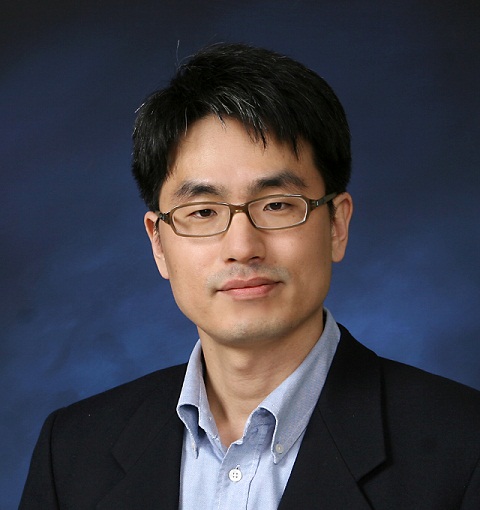
University of Agder
Faculty of Engineering and Science

Feedback relay systems: established approaches and new perspectives for application
Michael Ruderman received the B.Sc. degree in applied physics from the Polytechnical University of Kharkov, Ukraine, in 1997 and the Dipl.-Inf. degree in computer and electrical engineering and the Dr.-Ing. degree in electrical engineering from the Technical University (TU) Dortmund, Germany, in 2005 and 2012, respectively. During 2006-2013, he was Research Associate with the Institute of Control Theory and Systems Engineering, TU Dortmund. In 2013-2015, he was with Nagoya Institute of Technology, Nagoya, Japan, as specially appointed Assistant Professor. In 2015 he was specially appointed Associate Professor with the Department of Electrical Engineering, Nagaoka University of Technology, Nagaoka, Japan, before joining the University of Agder (UiA), Grimstad, Norway. He is a member of Faculty of Engineering and Science at UiA, teaching control theory in Master and PhD programs. At UiA he is responsible for H2020-MSCA-RISE project Clover. Michael is Senior Member of IEEE and active member of IEEE-IES Technical Committee on Motion Control. He is also Associate Editor of IFAC Mechatronics journal. His current research interests are in motion control, robotics, nonlinear systems with memory, and hybrid control systems.
Feedback relay systems belong to the classical topics of control theory and engineering. For more than two decades, the simple and robust auto-tuning techniques with relay feedback have been developed for industrial controllers and integrated in various applications. Remarkable feature of using the relays in feedback control systems is arising of limits cycles. For the provable conditions, the stable limit cycle oscillations bear signature of the plant and control system parameter and are, therefore, useful for control tuning but also detection and identification purposes. The questions of conditions of stable limit cycles, their convergence depending on initial values, controllability of the magnitude and period are the most significant for robust and efficient use of feedback relay systems. Large part of them already found answers and solutions in the former research inspired from both theoretical curiosity and application requirements. The tutorial will summarize the basic principles of feedback relay systems, mostly known in context of auto-tuning the simple controllers. Furthermore it will look towards global properties of dynamic systems with relays in feedback and disclose several typical characteristics interesting for applications. Some perspectives for use in the system identification will be addressed based on the classical examples of mass and stiffness parameters. Novel strategies for detection and estimation of hidden and weakly-known system nonlinearities will be discussed along with the recently developed method for two-mass systems with backlash.

Underlying theory of disturbance observers with large bandwidth of Q-filter
Hyungbo Shim received the B.S., M.S., and Ph.D. degrees from Seoul National University, Korea, and held the post-doc position at University of California, Santa Barbara till 2001. He joined Hanyang University, Seoul, Korea, in 2002. Since 2003, he has been with Seoul National University, Korea. He served as associate editor for Automatica, IEEE Trans. on Automatic Control, Int. Journal of Robust and Nonlinear Control, and European Journal of Control, and as editor for Int. Journal of Control, Automation, and Systems. He was the Program Chair of ICCAS 2014 and Vice-program Chair of IFAC World Congress 2008. His research interest includes stability analysis of nonlinear systems, observer design, disturbance observer technique, secure control systems, and synchronization.
The well-known disturbance observer is re-interpreted in terms of singular perturbation theory. The first finding is a necessary and sufficient condition for robust stability under arbitrarily large parametric uncertainties. This finding in turn yields a new way of designing coefficients of Q-filter for robust stability. In addition, it is shown that DOB guarantees not only robust steady-state response but also robust "transient" response (with a slight modification of the structure). The analysis is performed in the state-space, which also easily applies to nonlinear plants or multi-input-multi-output plants. Based on the robust stability condition, further extensions of DOB to embed internal model for complete rejection of sinusoidal disturbances are illustrated. Finally, handling unstable sampling zeros in the discrete-time plant is discussed. This talk is based on a recent publication entitled as "Yet another tutorial of disturbance observer: robust stabilization and recovery of nominal performance."